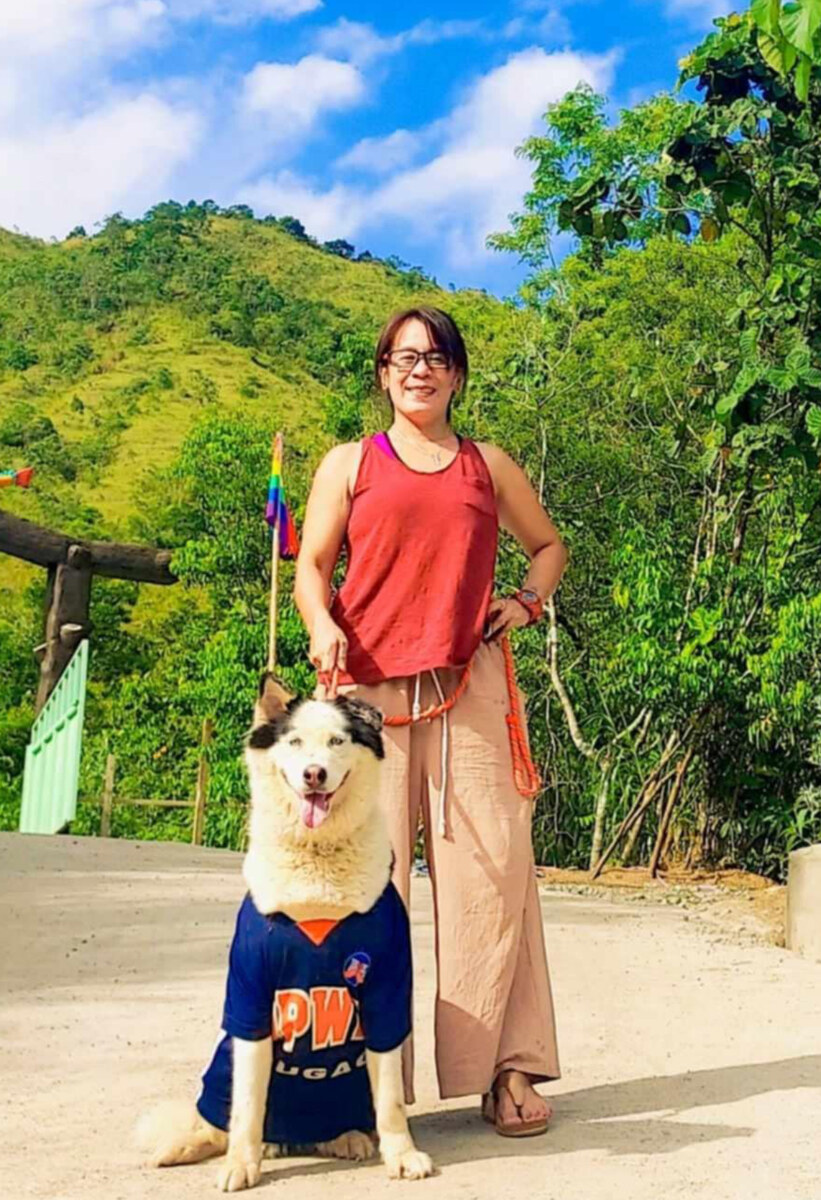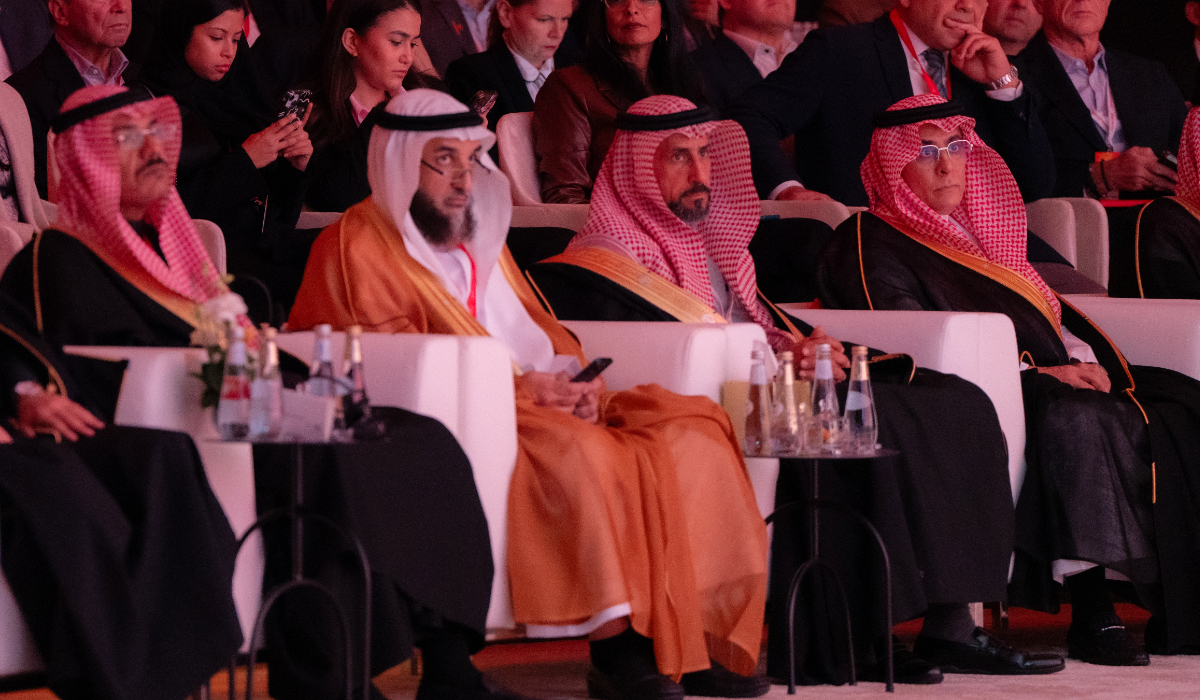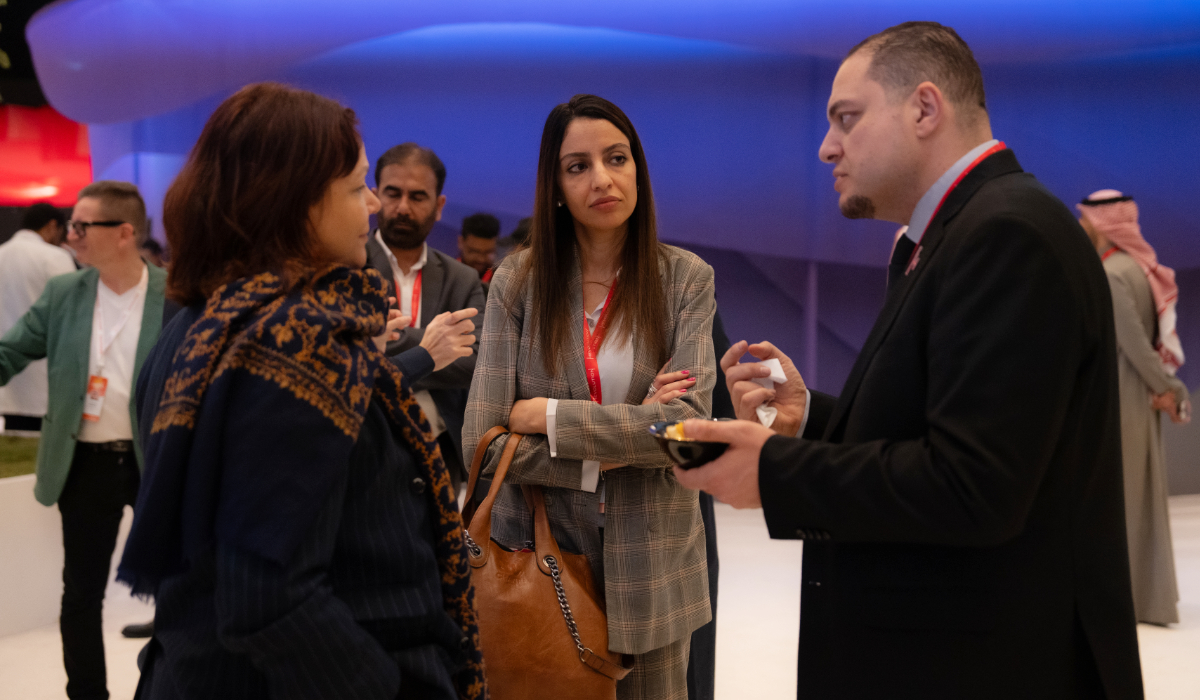RIYADH: Stray cats and dogs in Saudi Arabia are finding unlikely homes more than 8,000 km away in the Philippines thanks to a network of dedicated volunteers.
The sizable number of Filipino expatriates in the Kingdom are using their connections back home, aided by social media, to find suitable adopters in the Asian archipelago.
Physical therapist Virginia Alindayo is one such expatriate. She spoke to Arab News about how she has found homes for more than 50 cats and dogs, often transporting them to the Philippines herself.

Doris Bolla and her adopted dog skye in the Philippines. (Supplied)
“It makes me happy. It’s the only life that I want to live, as of now,” she said. “I’ve always wanted to do something like this, and it really makes me happy.”
Alindayo lives in the remote town of Rafha, a nine-hour drive from capital, Riyadh. Her dedication to animal welfare is so devout that she once took 12 cats from Rafha to Riyadh, before boarding a flight with them to the Philippines.
Another time, she managed to find homes for another 12 cats in the US. She again flew them across the world herself. “It was very easy,” she said.
HIGHLIGHTS
• Physical therapist Virginia Alindayo spoke to Arab News about how she has found homes for more than 50 cats and dogs.
• Saudi Society for Animal Welfare has almost 1,000 members who not only feed, rehome and neuter stray animals, but also offer their professional help free-of-charge.
• Lawyers who joined the association, for example, help to prosecute cases of animal cruelty in Saudi Arabia.
Alindayo first started her rehoming campaign in 2020 after her own pet cat went missing. In trying to find the cat, she came across several animal welfare groups on Facebook, including Aramina’s Pet Travel, Pawssionate Pet Lovers and Mission Pawsible.
She found her cat, and using the educational resources from the online groups, decided to take up the cause of helping stray animals.

Virginia Alindayo's rescued puppies in Saudi Arabia, waiting to find new homes. (Supplied)
Often paying out of her own pocket for vaccinations, paperwork and airfares, she is also supported by generous donors online.
But still, her love for animals has taken a financial toll. “I’m planning to neuter at least 20 cats. And you know what? I’m even planning to take out a loan for this … I have to do something about it. Otherwise, I’ll just close my eyes and never feed all these cats.”
Saeed Jazzar, vice chairman of the Saudi Society for Animal Welfare, or Refq, said that despite fast-changing attitudes among the public, stray animals in Saudi Arabia remain a problem.
“It’s a national issue, honestly, and part of it is done because people buy animals and then they turn them loose. They don’t want them, and those animals are still breeding.”
As of yet, there is no nationwide trap-neuter-release program — believed by many to be the most ethical method of dealing with strays.
“The level of education now in Saudi Arabia is a lot higher than it was 10 years ago, and 10 years ago it was better than it was 30 years ago,” Jazzar said.
“We see the society complying with these things, and part of that comes from Islam also, but it was totally ignored back then. What we see now is an improvement, honestly, and it complies with Vision 2030.”
Refq has almost 1,000 members — mostly volunteers — who not only feed, rehome and neuter stray animals, but also offer their professional help free-of-charge.
Lawyers who joined the association, for example, help to prosecute cases of animal cruelty in Saudi Arabia, including a shocking case that involved giraffes being kept in enclosures too small for them to fully straighten their necks.
Two of the giraffes died from their injuries, but Refq rescued the rest.
In another case, the society shut down a circus in Riyadh that was keeping horses out in direct sunlight without proper shelter.
As well as lawyers, Refq has engineers who use their expertise to design animal shelters for the society.
For Jazzar and Refq, there is still much work to be done to improve the situation of stray animals in the country.
But even so, any act of kindness can have its benefits.
Describing how some members spend upward of SR40,000 ($10,650) every year feeding stray animals, Jazzar said: “It’s like you’re throwing your money on the street, but in reality, you’re doing yourself good by helping other creatures that were mentioned in the Qur’an.
“If you help any living soul, it’s rewarded by Allah.”
































